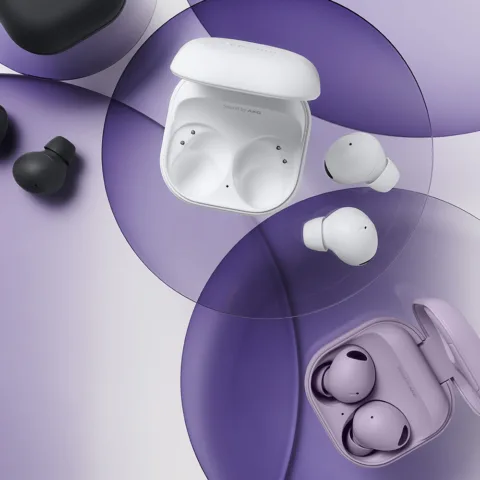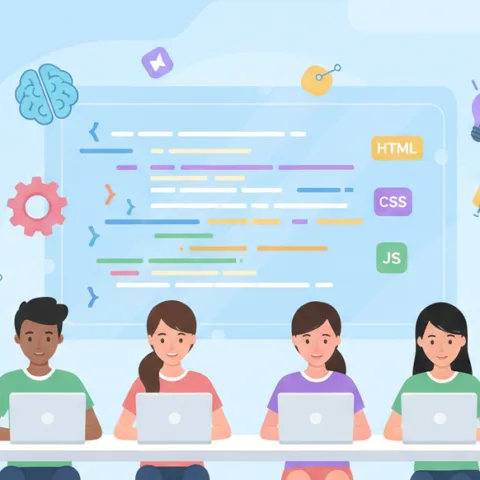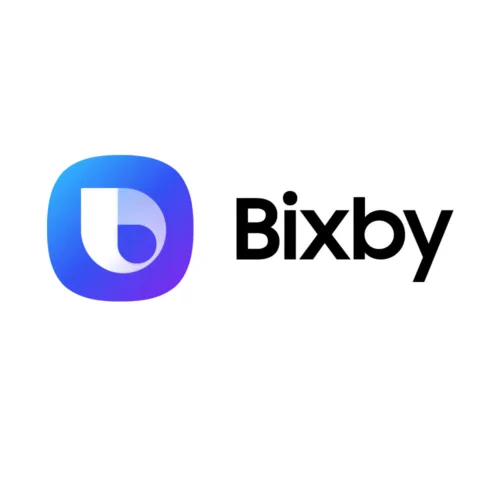The Seattle Times wrote in early December that Microsoft’s dominance in computing platform through Windows has gone from 97% in the year 2000 to just 20% in 2012 according to a report from Goldman Sachs, although the company expects that share to rise in 2016 to around 26%. So what caused this seemingly perplexing drop in share? When you consider that personal computing doesn’t just mean desktop or laptop computers, it will start to make sense.
The report claims that in 2012, vendor share of computing platforms is split among a large number of options primarily made up of Apple, Microsoft, and Google. Apple’s share includes the use of devices using OS X and iOS, Google’s is clearly Android, while Microsoft has Windows, Windows Mobile, as well as Windows Phone. Combined, Apple and Google were estimated to outperform Microsoft in 2012 with 44% vs 42% share.
Windows Mobile is of course defunct but there are still devices still in use despite Microsoft no longer updating that operating system ever since it released Windows Phone 7 back in late 2010.
Microsoft caught unprepared
The proliferation of mobile devices has catapulted Google’s Android into the top of the computing platform ladder, leaping over both Apple and Microsoft, long seen as the two major vendors in the industry. Though Microsoft may have won the desktop computing race, it was caught unprepared with the shift towards app-based mobile devices.
Microsoft is now trying to catch up by accelerating the development and adoption of Windows Phone as well as turning the desktop Windows operating system into a touch-oriented software. On the small scale, this seems to be working.
According to NetMarketShare, Windows Phone is the fastest growing mobile platform with 286% year on year growth based on web usage by the end of 2012 while Android grew “only” 52% and iOS 16%. Bada (35%), BlackBerry (55%), and Symbian (74%) all recorded significant plunge.
Combined with the significant marketing push by Nokia, Windows Phone has been gaining share all around the world. All sounds well until you realize that after two years, Windows Phone only has just around 4% of the mobile phone market. Clearly Microsoft CEO Steve Ballmer has some serious claim chowder.
In an interview with USA Today in 2007, Ballmer had this to say, “There’s no chance that the iPhone is going to get any significant market share. No chance. It’s a $500 subsidized item. They may make a lot of money. But if you actually take a look at the 1.3 billion phones that get sold, I’d prefer to have our software in 60% or 70% or 80% of them, than I would to have 2% or 3%, which is what Apple might get.”
Today, in terms of web usage, Apple’s iOS holds over 60% share according to NetMarketShare, almost exactly the opposite of what Steve Ballmer said in 2007. Of course, in terms of unit sales numbers, Apple’s share among mobile operating systems isn’t that high.
Consumers not embracing Microsoft
But back to the report from Goldman Sachs, The Seattle Times noted that there is a curious drop in 2005, practically halving Microsoft’s share from 95% to 49%. This drop, attributed to “Other” was not fully clarified by Goldman Sachs. A representative from the company did not provide details when asked by the newspaper but we suspect it was BlackBerry and perhaps even Nokia’s Symbian being included suddenly in the picture which caused the drop.
The overwhelmingly negative reaction following the launch of Windows 8 didn’t help Microsoft’s cause either. The company went for a touch-oriented interface for its latest version of Windows, catching many existing Windows users by surprise despite the drive to inform the public of the switch through multiple public releases of early versions of Windows 8.
Consumers may not be embracing Windows 8 fast enough on PCs but in terms of tablet, it may have a chance against Android in a market dominated by the iPad. Google’s Android numbers on tablets may be growing but it’s definitely not getting used in any significant amount, at least not according to web usage numbers.
While certainly not scientific by any means, this record of a 24 hour sample of tweets from people announcing which tablet they got for Christmas is quite telling. People are getting iPads for their tablets in droves. When people buy iPads, they may not buy PCs, pushing Microsoft further away. The Surface may be Microsoft’s vision for future PCs but evidently it doesn’t have a very good start.
Mobile landscape will explode
So what does the future hold for the computing landscape? Mobile is certainly taking over the functions of the desktop computer and according to KPCB partner Mary Meeker, Apple will dominate the US market while Google will lead globally, although in terms of e-commerce participation, Apple customers will dominate over Android users.
The overwhelming belief among global consumers today is that you have to go Android when selecting your first or your next smartphone even if you have no intention whatsoever to use even half the advertised functionalities. The allure of Android is that it is available at any price point from $50 to $1000, allowing pretty much everyone a way in to the Android world.
However, 2013 will prove to be quite a year for mobile operating systems as Windows Phone looks to be the strongest candidate to break the dominance of Android and iOS with others looking to join the fray.
For all its strength, Android is relying far too great on Samsung. If Tizen proves to be successful and if Samsung decides to do a three pronged approach including with Windows Phone, Google will have to find another way to support Android. The rumored Google X phone developed by Motorola is going to have to pick up the slack. Motorola though, hasn’t been a strong performer recently.
Fight for the future
RIM is scheduled to release BlackBerry 10 before the end of January, Samsung is going to finally release its Tizen-based smartphone starting with Japan, Jolla, run by former Nokia engineers, is picking up where MeeGo left off with its upcoming Sailfish OS, and Mozilla is bursting to unleash Firefox OS for mobile phones. There’s also the recently turned open source WebOS.
In terms of tablets however, Apple’s iPad will dominate the landscape in the foreseeable future as evidenced by the sample tweets above and with the two sized iPad strategy, the market will remain Apple’s to lose instead of others to win. No matter how good the alternatives may be, unless Apple makes more significant blunders like the Maps issue in iOS 6, the iPad won’t fall from its perch.
On the desktop front, Microsoft may have won the war but the market is moving away from it. Old players will remain supporting this category but innovation and market expansion will not be derived from this space. Even Ubuntu is going touch.
As Steve Jobs once said, the PC is on its way to become a specialized machine as consumers begin to realize that tablets and smartphones will serve their needs much more economically and more practically.








